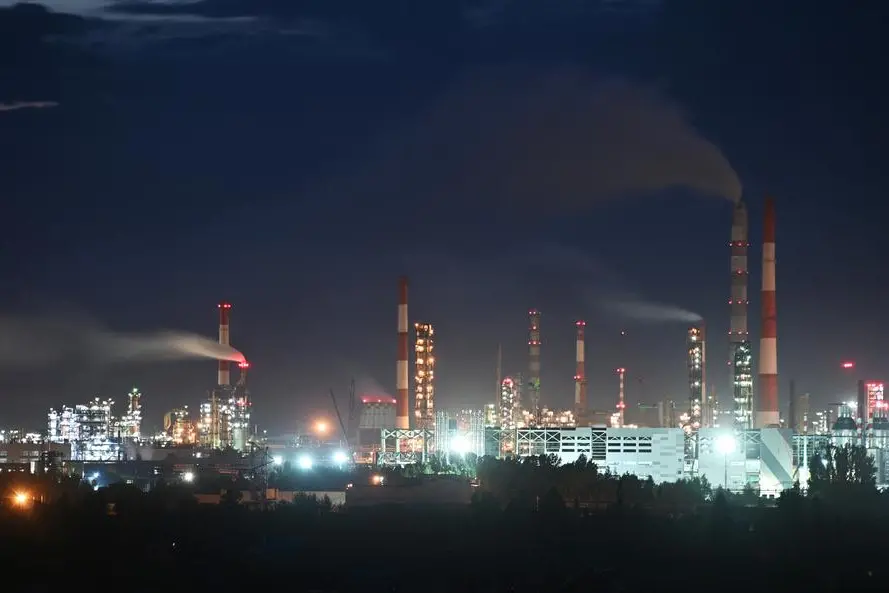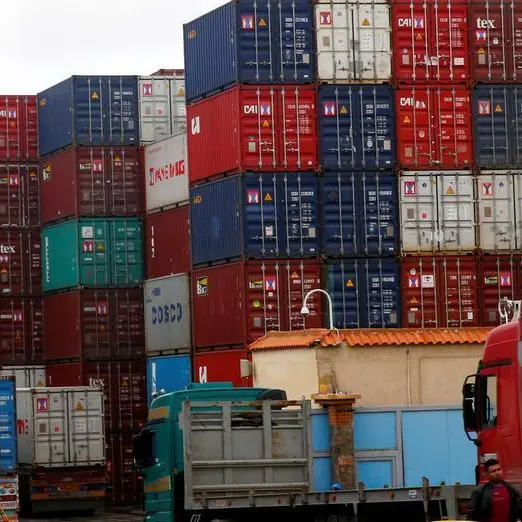PHOTO
NEW DELHI - India saved roughly $2.7 billion by importing discounted Russian oil in the first nine months of this year, according to calculations based on government data, helping it support economic growth and easing pressure on its trade deficit.
Crude oil accounts for about a third of India's overall imports by value.
The world's third-biggest oil importer and consumer replaced Europe as the largest buyer of seaborne Russian crude this year after the West imposed sanctions on Moscow over its invasion of Ukraine last year.
Access to cheap Russian oil enabled India to cut imports from the Middle East, where prices strengthened following Saudi Arabia's voluntary additional supply cuts since July.
India imported 69.06 million metric tons of Russian oil, equivalent to 1.85 million barrels per day (bpd), between January and September, commerce ministry data showed, including Russian oil imported from South Korea, Greece and Spain through transshipments.
The average price for Russian oil delivered to Indian refiners was $525.60 per ton during that period, including shipping and insurance costs, Reuters calculations based on ministry data showed.
By comparison, the average landed cost of Iraqi oil, which is of similar quality to the medium-sour Russian Urals crude that accounts for the bulk of India's purchases from Russia, was $564.46 per ton during the same period.
That equates to savings of $2.7 billion for India compared with what it would have paid if it had bought Iraqi oil instead, the calculations showed.
Russia has surpassed Iraq as top oil supplier to India, with Saudi Arabia relegated to third place. Other Russian grades purchased by India include light sweet ESPO and Sokol.
China, the world's top oil importer, has reaped savings this year of nearly $10 billion through record purchases of oil from countries under Western sanctions including Russia, based on Reuters calculations.
Unlike China, India doesn't buy Venezuelan and Iranian oil.
By importing Russian oil, Indian refiners benefit from lower feedstock costs, which have buoyed gross refining margins and curtailed revenue loss from subsidised retail fuel sales.
State refiners have not revised pump prices for more than a year, aiding government efforts to rein in inflation, while refined products demand has grown about 14% this year.
(Reporting by Nidhi Verma; Editing by Florence Tan, Tony Munroe and Christina Fincher)





















